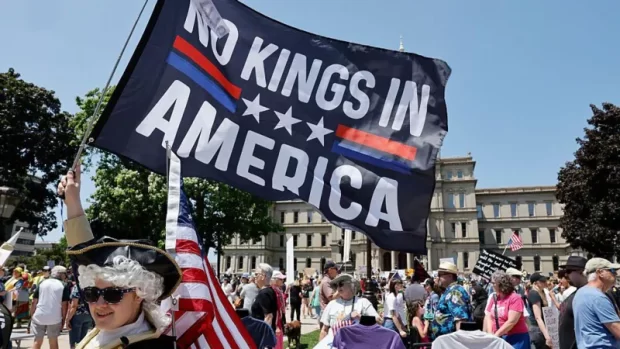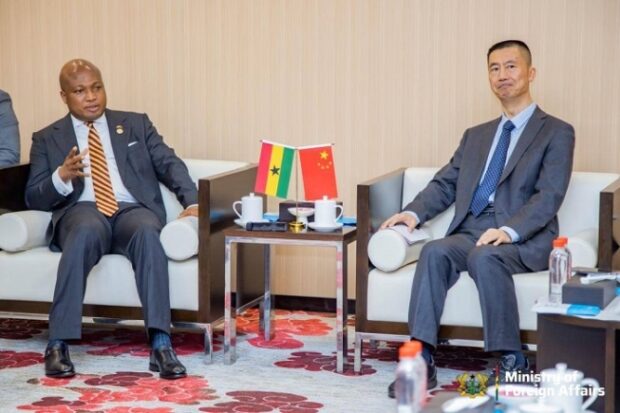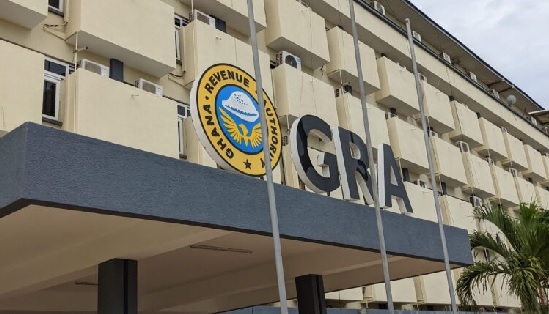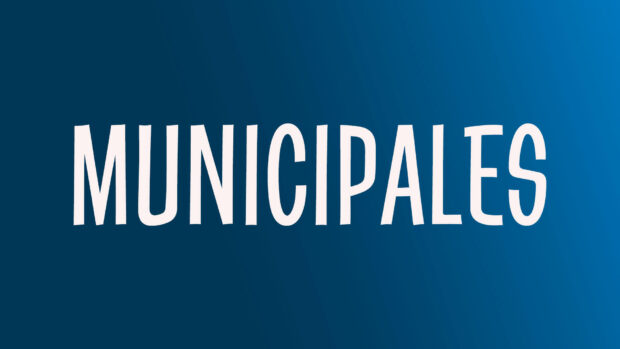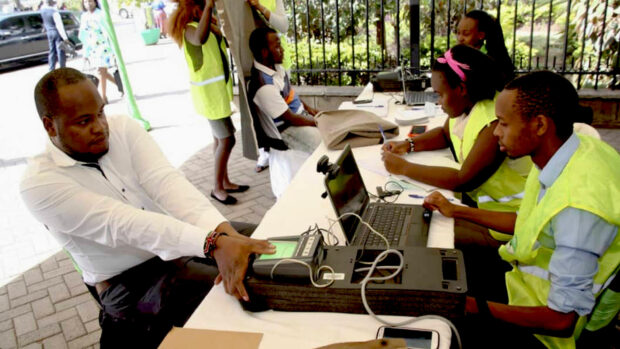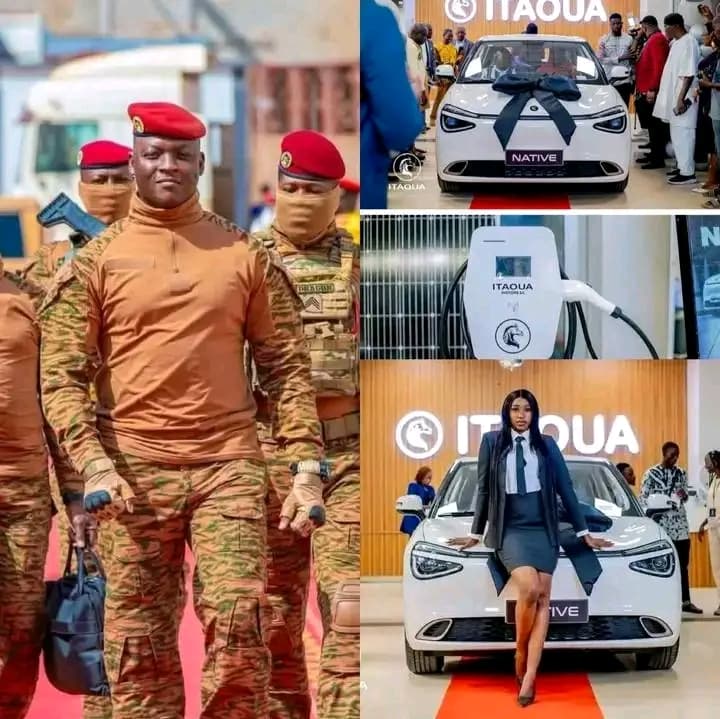
In a groundbreaking move that defies global expectations, Burkina Faso has officially launched its first entirely locally produced electric vehicle (EV) brand—a milestone that signals the West African nation’s ambition to harness homegrown talent, slash imports, and position itself as a pioneer in sustainable innovation. With EVs capable of traveling over 395km on a single charge and a presidential pledge to empower young entrepreneurs, Burkina Faso is rewriting its economic narrative. Here’s how.
The Rise of “Made in Burkina Faso” Electric Cars
The newly unveiled electric vehicles, designed and manufactured entirely within Burkina Faso’s borders, represent a triumph of local engineering. Key features include:
- 395km Range: Competing with global EV standards, these cars aim to ease range anxiety in urban and rural areas.
- Local Materials: While specifics remain under wraps, officials emphasize the use of regionally sourced components where possible.
- Affordability Focus: Tailored for African markets, the EVs aim to balance performance with accessible pricing.
This initiative aligns with President Ibrahim Traoré’s vision to reduce reliance on imported goods. “Why import what our brilliant minds can create?” he declared at the launch event. “Burkina Faso’s people are our greatest resource.”
Zero-Interest Loans: Fueling Youth Innovation
To catalyze the EV ecosystem—and broader local manufacturing—the government announced zero-interest loans for young entrepreneurs. Key details:
- Target Sectors: EV component production, renewable energy infrastructure, and tech-driven agriculture.
- Inclusivity: Prioritizing women and rural innovators to ensure equitable growth.
- Long-Term Vision: Loans aim to create jobs, curb youth unemployment, and retain talent within Burkina Faso.
“This isn’t charity; it’s an investment in our future,” the President stated. “When our youth thrive, Burkina Faso thrives.”
Breaking the Import Addiction
Burkina Faso imports nearly 70% of its vehicles, draining foreign reserves and exposing the economy to global market shocks. The EV project is part of a broader strategy to:
- Boost Local Manufacturing: From textiles to agriculture tech, reduce dependency on foreign goods.
- Cut Carbon Footprint: Transitioning to EVs supports climate goals while addressing urban pollution.
- Build National Pride: “Made in Burkina Faso” campaigns aim to shift consumer mindsets toward locally made products.
Challenges and Skepticism
While the announcement has sparked optimism, hurdles remain:
- Infrastructure Gaps: Limited charging stations outside major cities.
- Global Competition: Can Burkina Faso’s EVs compete with cheaper Asian imports?
- Sustainability: Ensuring battery disposal and mining practices meet environmental standards.
Critics argue the project is overly ambitious, but supporters counter: “Every global brand started somewhere. Why not here?”
Why This Matters for Africa
Burkina Faso’s EV leap is more than a national victory—it’s a symbolic shift for African industrialization:
- Inspiration: Challenges the stereotype that advanced tech must come from abroad.
- Collaboration Potential: Opens doors for partnerships with neighboring nations on renewable energy grids.
- Economic Sovereignty: Reduces vulnerability to currency fluctuations and supply chain disruptions.




